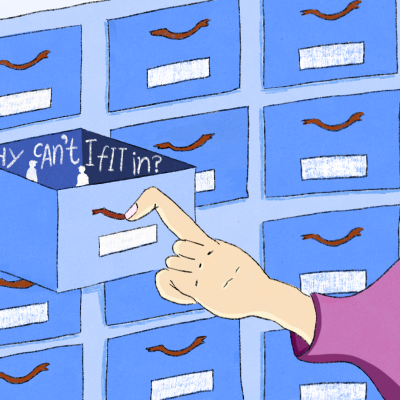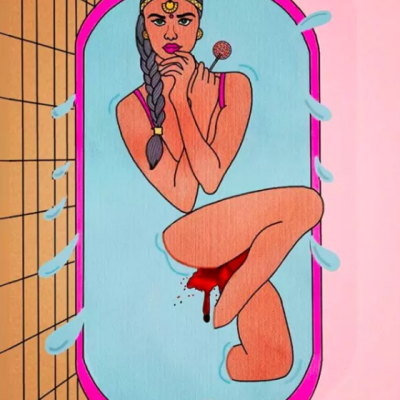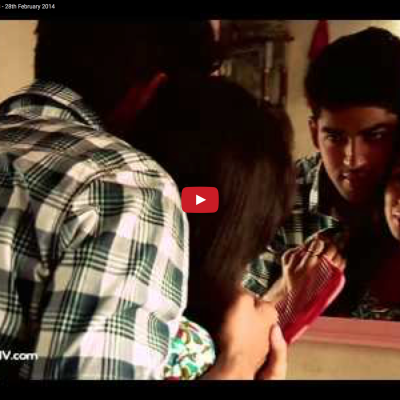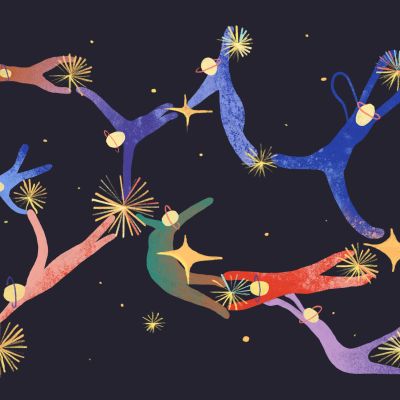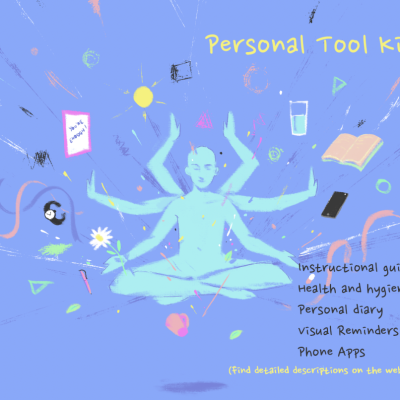Social Media
…when both of us speak about the way we engage in our workspaces, we find common contradictions and barriers. How does a queer person navigate these barriers, constantly negotiating when, where and on what terms to engage? To be seen or to remain unseen?
My self-care journey has only just begun and I have a long way to go. I do have bouts of self-doubt, anxiety, and panic, and I still go through periods of feeling overwhelmed. However, more than anything, I have learnt that self-care, for me, is a subversive act, and caring for myself gives me the strength to challenge the status quo and play my part in social justice movements.
But what about the “moments we don’t Instagram”? What about the uglier parts of our physical lived realities? What about the parts of our body, our identities, our sexuality we don’t perform on social media, but are still an intrinsic part of who we are?
In theory, the concept of the app is a great one – it provides women, queer people, and people belonging to oppressed castes the tea-stall, cigarette-shop type of public spaces for conversation that are available to upper-caste cis het men. The relative anonymity acts like a safe cover, and the app affords a certain autonomy and agency to marginalised people to regulate the kind of conversation that goes on in rooms moderated by them.
Here’s to some quiet time listening in to what people are saying, and consuming, on the Internet, particularly on social media, on the subject of gender and sexuality.
The pandemic has put us through interesting times, to say the least – of reflecting, learning, realigning, thinking about what really matters, a time to pause and care for ourselves with kindness. At TARSHI, we’re just delighted to have been able to do the same – while also sharing something of what we’ve learnt with you.
In a country like India where both mental health and non-binary identities are topics that are neglected despite being essential parts of an individual’s identity, it can be quite challenging to navigate through issues regarding the same. Accessibility to affordable and quality mental health services is a serious difficulty that the queer Indian population faces.

